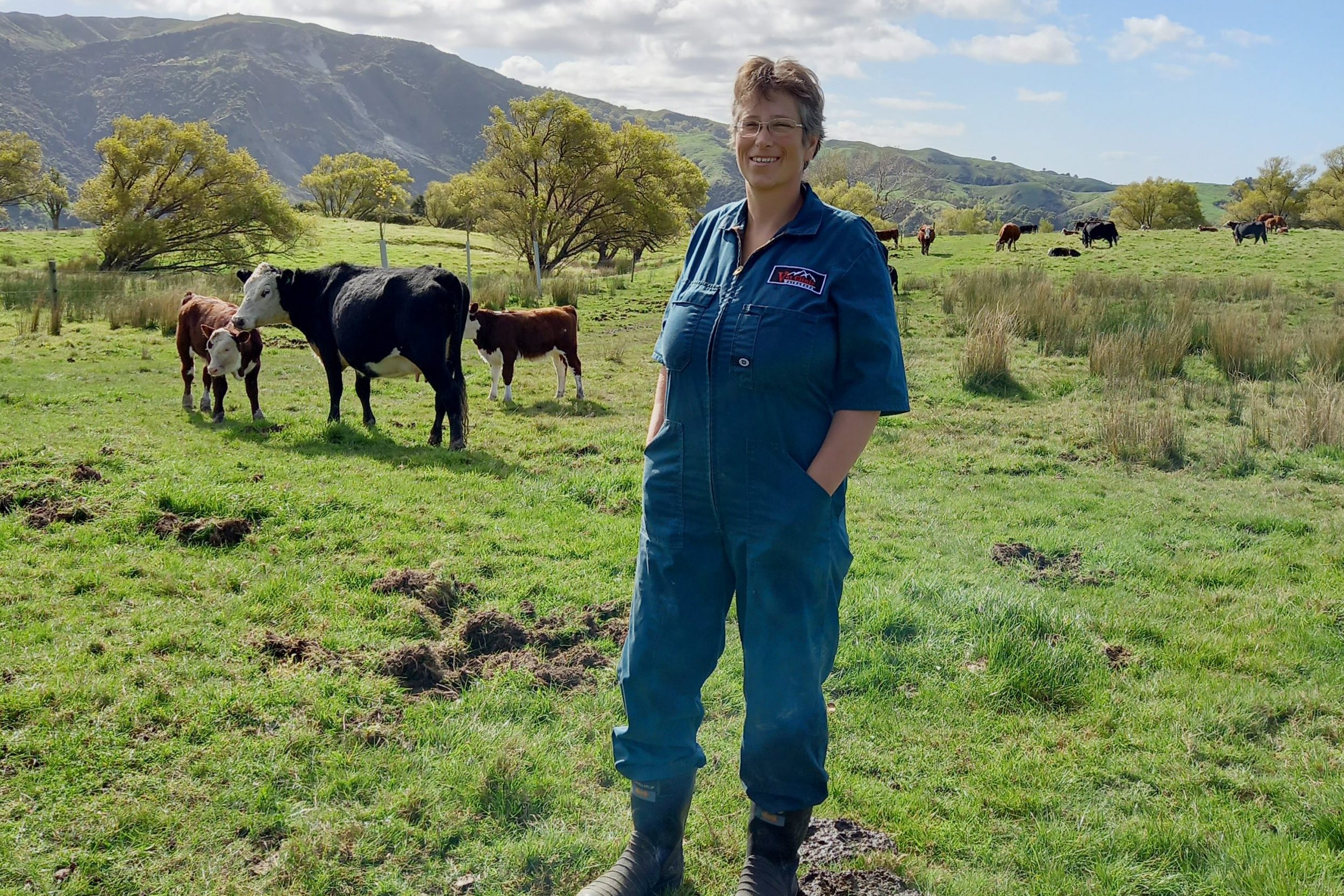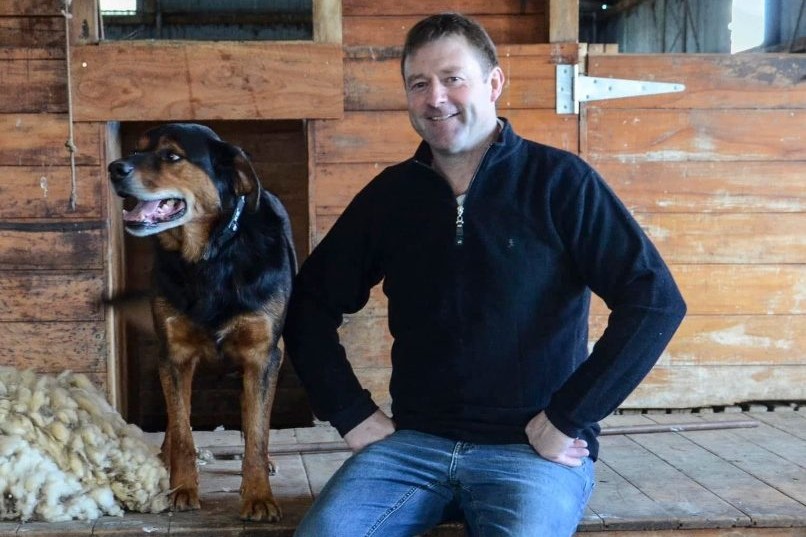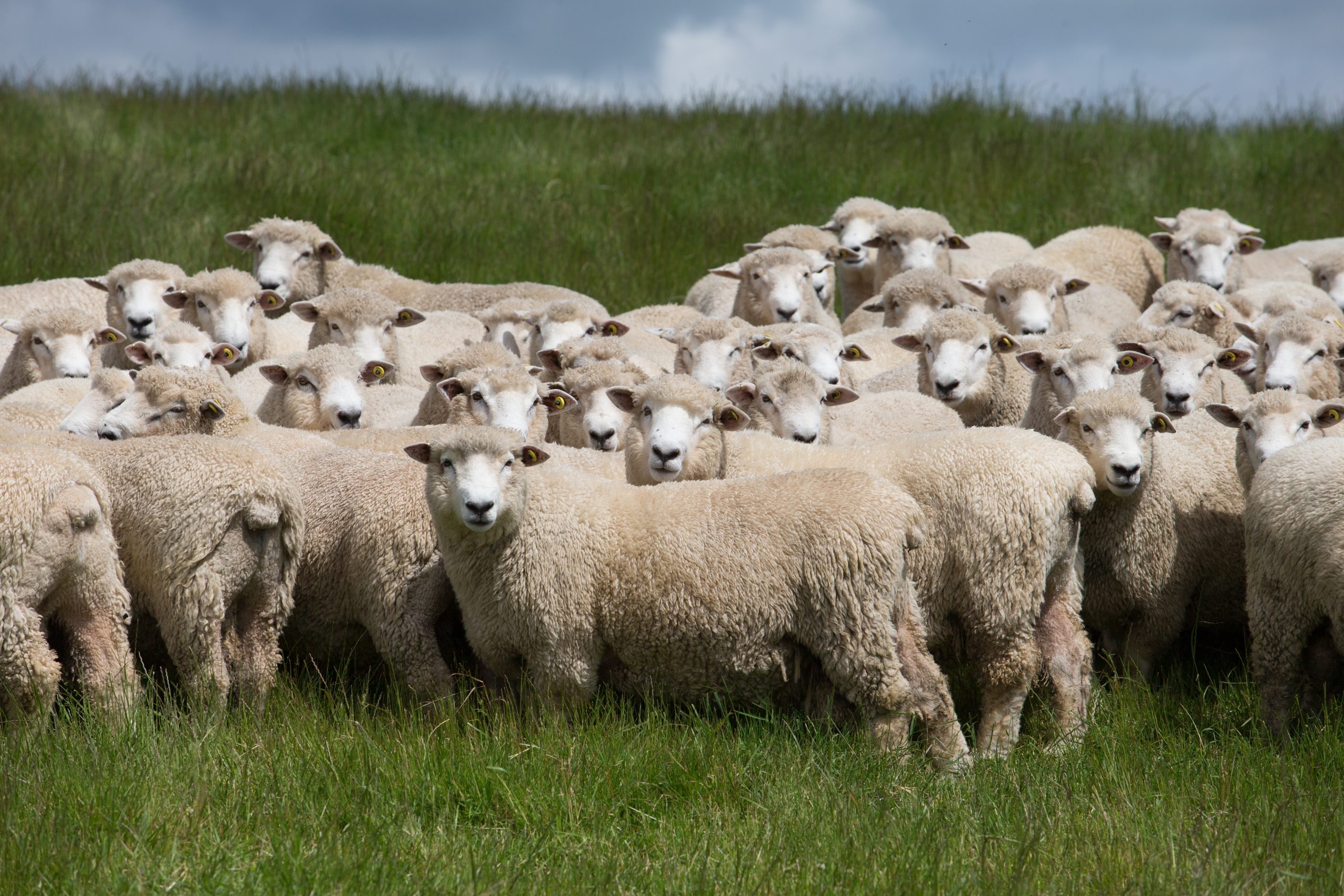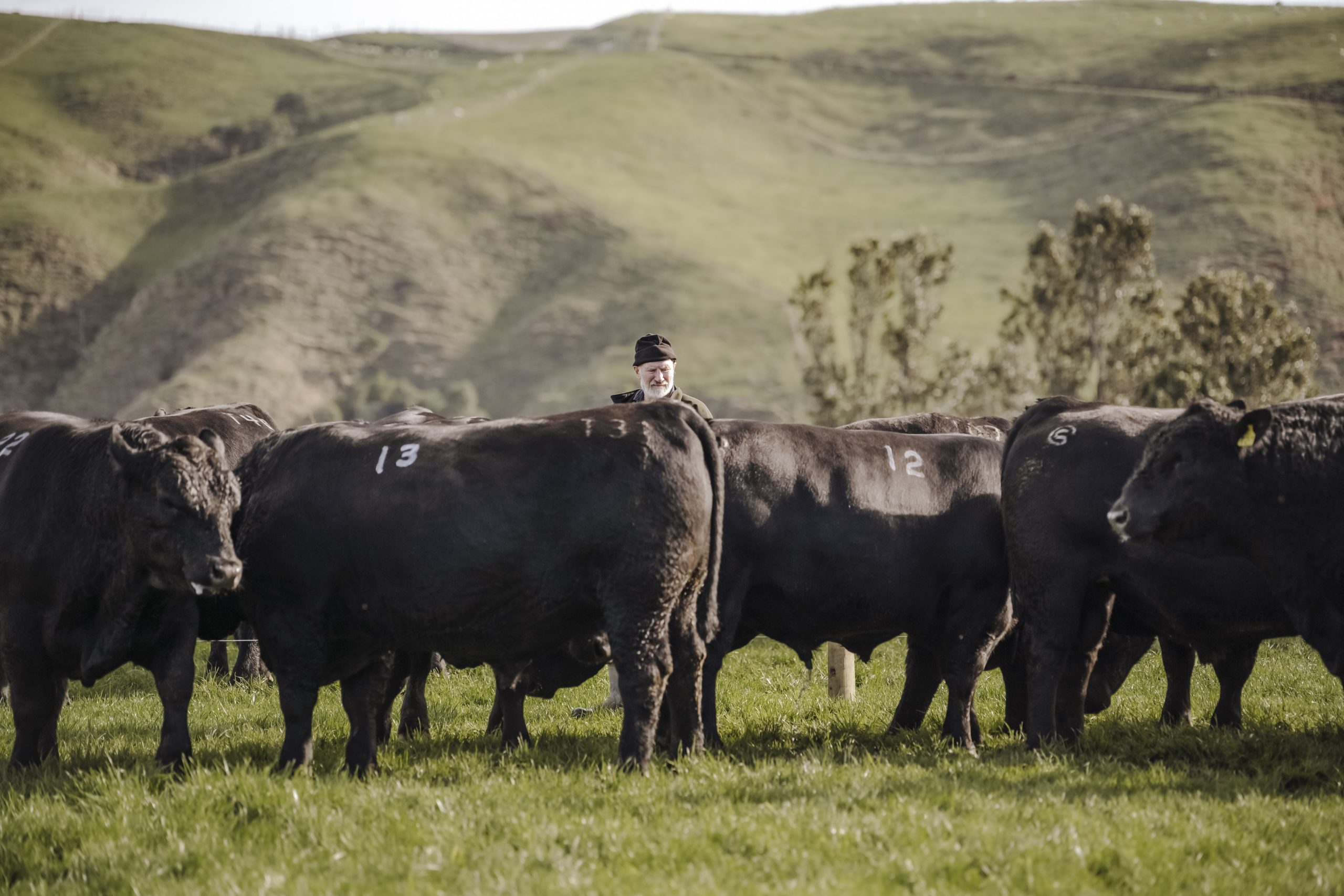Sheep Ambassadors from New Zealand, Australia and the United States get together each year. Cheyenne Nicholson reports.
Working in the sheep industry is what Diamond Peak Station stock manager Cameron Russell has always wanted to do so it’s no surprise he’s been selected as one of this year’s Beef+LambNZ Sheep ambassadors.
Cameron was selected alongside Tom Whitford of Northern Waikato to represent New Zealand at the Australia, New Zealand, United States Sheep Industry Ambassadors programme (formerly known as TriLamb). The ambassadors from each country ranged in age from 25 to 40 and were from a variety of backgrounds including research scientists, agribusiness professionals and farmers.
NZ hosted the 2019 programme with ambassadors from each country visiting several farms around the country in March including the Maori incorporation farm Gwavas Station and B+LNZ’s Future Farm Lanercost, a seed company, Merino NZ and a B+LNZ innovation farm.
The programme is a collaborative initiative between sheep producer organisations from the US, Australia and NZ designed to bring together young producers and industry leaders to share ideas, network and broaden their understanding of sheep farming and importance of trade in agriculture in all three countries.
Cameron, who has been on the Southland station for two years, applied for the programme in the hope of encouraging more young people into an industry that he feels is lacking in capability coming through at a practical level.
“I was brought up on a farm and have always had a passion for livestock. I enjoy being outdoors and have a great sense of pride in the work I do. From a young age I spent a lot of time in the school holidays working with my grandfather. He is very passionate about the industry and I think that was passed on to me.
“Farming tends to get a lot of bad publicity. It’s only a small percentage of farmers that seem to ruin it for everyone else. A large portion of farmers are doing things right and it would be great to see a focus on the positives and what the farming industry does for our country,” he says.
Cameron and his wife Katie are now building equity through investments and while landownership is a goal, they are also open to the idea of being professional farm managers.
Tom says he applied for the programme as he saw it as an opportunity to push himself and look at the issues affecting the industry outside of the farm gate as well as feed off the enthusiasm of others in the sheep industry.
Tom and his wife Nicole farm a 1000ha property in Northern Waikato which lambs about 3200 Coopworth ewes and hoggets run in conjunction with 900 cattle with a mix of breeding cows and bull beef.
“Encouraging the best young people into our sector working the land is also a huge challenge facing the industry. Farming has for too long not been pushed as a solid career choice,” he says.
While optimistic about the future for sheep, he believes the next 10 years will be an interesting time for the industry as factors like compliance and a new generation of farmers coming through take effect.
Both Tom and Cameron enjoyed learning about new systems and techniques from farms around the country and networking with likeminded people from other countries.
“During the tour of AgResearch, we were introduced to scientists (who were from a non-farming background) working on extending the shelf life of chilled meat – networking with people like this, reassured to me how important and just how wide the agriculture industry reaches,” Tom says.




